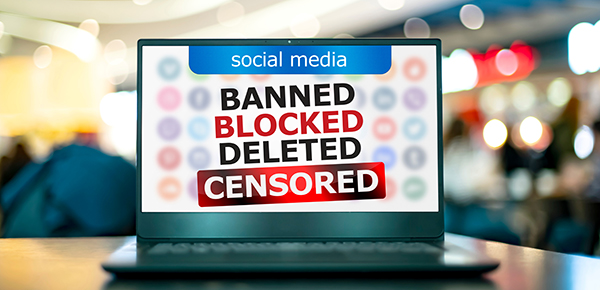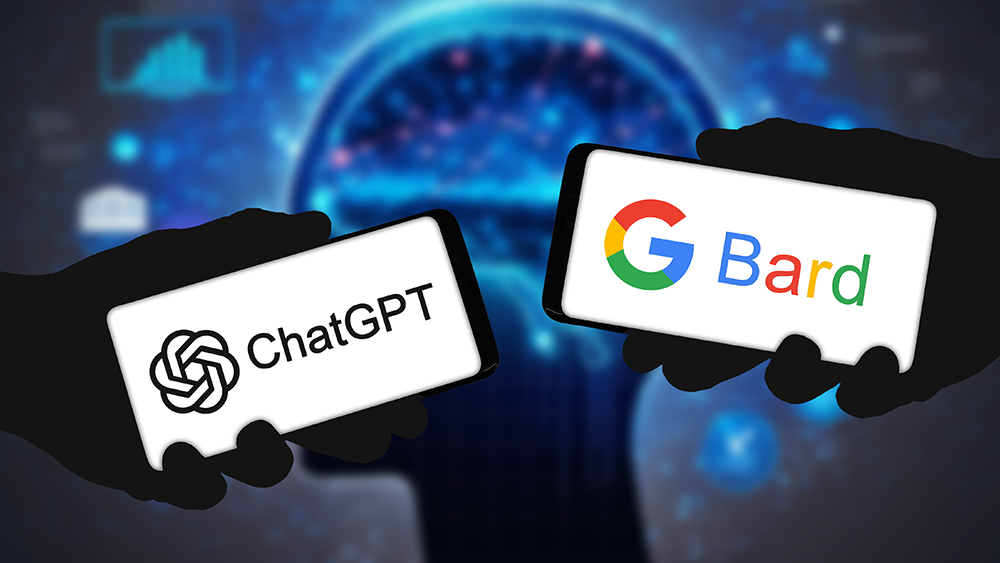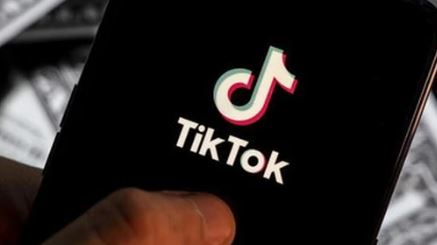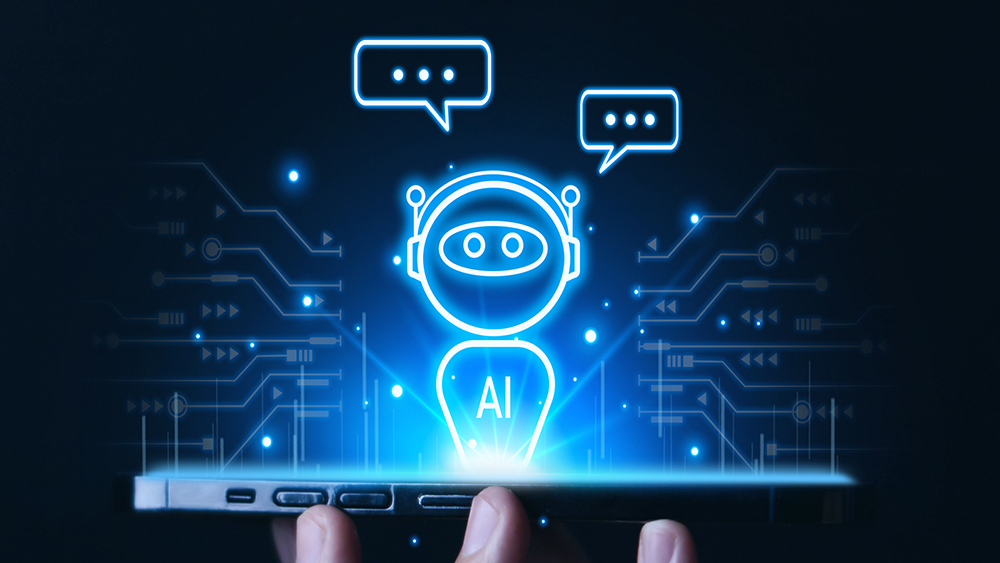Indiana and Mississippi SUED over online age verification laws
06/19/2024 / By Laura Harris

Two groups associated with tech companies have filed separate lawsuits against the states of Indiana and Mississippi for allegedly violating certain constitutional protections.
According to reports, Indiana and Mississippi both passed a law mandating users to verify their ages, which may include handing over personal information or identification, as a pre-condition to access particular sites and engage in protected speech. (Related: Digital ID system incoming: Nebraska now collecting citizens’ digital health data.)
Indiana approved Senate Bill 17, a law that requires users to upload sensitive documents for age verification on porn sites. The implementation of the law sounds promising, but the American Civil Liberties Union (ACLU) in Indiana, along with other critics, pointed out the risk of uploading sensitive documents like driver’s licenses and Social Security numbers on the internet.
As a response, an international group of pornography website operators, joined by the California-based Free Speech Coalition, a nonprofit trade association for the adult entertainment industry, filed a lawsuit against Indiana Attorney General Todd Rokita on June 10 to block SB 17. The plaintiffs argued that the law violates the First, Fifth, Eighth and 14th Amendments, as well as the 1996 Federal Communications Decency Act, which helps regulate porn at the federal level.
“Despite impinging on the rights of adults to access protected speech, it fails strict scrutiny by employing the least effective and yet also the most restrictive means of accomplishing Indiana’s stated purpose of allegedly protecting minors,” the plaintiffs claim in their 34-page complaint.
“Any claimed benefit of age verification imposed by the Act does justify the burdens imposed on adults – the vast majority of whom value their online privacy and do not wish to expose exploitable personal data simply to view constitutionally protected material they have every right to view. The high risk of data breaches and leaks resulting from compliance with the Act serves as an unavoidable barrier preventing adults from divulging their information over the internet.”
Meanwhile, Mississippi approved House Bill 1126, which requires age verification on online platforms and social networks. In line with this, NetChoice sued Mississippi Attorney General Lynn Fitch. NetChoice argued that HB 1126 “abridges the freedom of speech and thus violates the First Amendment.”
Members of NetChoice include Google, which owns YouTube; Meta, the parent company of Facebook and Instagram; and Snap Inc.
“The broad, subjective, and vague categories of speech that the Act requires websites to monitor and censor could reach everything from classic literature, such as ‘Romeo and Juliet’ and ‘The Bell Jar,’ to modern media like pop songs by Taylor Swift,” the lawsuit said.
Digital age-verification requirements could do more harm than good
Age-verification requirements are fast becoming a trend in different states. However, critics, including the ACLU, adult video hosting website Pornhub and other online privacy experts, note that such laws could do more harm than good.
Currently, digital age verification involves users sharing sensitive information such as facial scans, official ID cards or banking particulars with third-party companies, which in turn, would be linked to individual data on pornographic sites. But then, digital rights advocacy groups argued that these verifications put users at risk of hacking, theft and extortion.
“The privacy concerns come from questions of ‘What kind of data do you collect to do this age verification? And what are you going to do with them?'” warned Olivier Blazy, a computer scientist and professor at the Ecole Polytechnique in France. “The worst example would be if you directly collected people’s names and the type of website they’re trying to access. Then someone could establish a list of who follows certain content – which could be used to target groups such as LGBTQ+ people. That would be terrible.”
“There’s also facial recognition that leads to biometric data being stored. Biometric data are also super sensitive, and if this kind of information is leaked, it’s dangerous. From a hacker’s point of view, a database of biometric data is like a big piñata that you want to break open because that information provides easy access to do [harmful] things. There is also a lot of bias with facial recognition. It’s often very bad at estimating the age of women, especially if they are wearing makeup, and people of color,” Lauren Leffer wrote in her article for the Scientific American.
Read more stories like this at Computing.news.
Watch this video to learn how the digital ID will control your life.
This video is from the Data Dumper channel on Brighteon.com.
More related stories:
Australian parliament passes digital ID law to enshrine the globalist control matrix down under.
FAA reauthorization bill approves use of digital IDs at airports.
Sources include:
Submit a correction >>
Tagged Under:
Big Brother, big government, Big Tech, computing, conspiracy, cyber war, Dangerous, digital IDs, freedom, Glitch, Indiana, information technology, insanity, Liberty, Mississippi, privacy watch, resist, revolt, tech giants, technocrats, Tyranny, uprising
This article may contain statements that reflect the opinion of the author
RECENT NEWS & ARTICLES
COPYRIGHT © 2017 TECHNOCRATS.NEWS
All content posted on this site is protected under Free Speech. Technocrats.news is not responsible for content written by contributing authors. The information on this site is provided for educational and entertainment purposes only. It is not intended as a substitute for professional advice of any kind. Technocrats.news assumes no responsibility for the use or misuse of this material. All trademarks, registered trademarks and service marks mentioned on this site are the property of their respective owners.



















